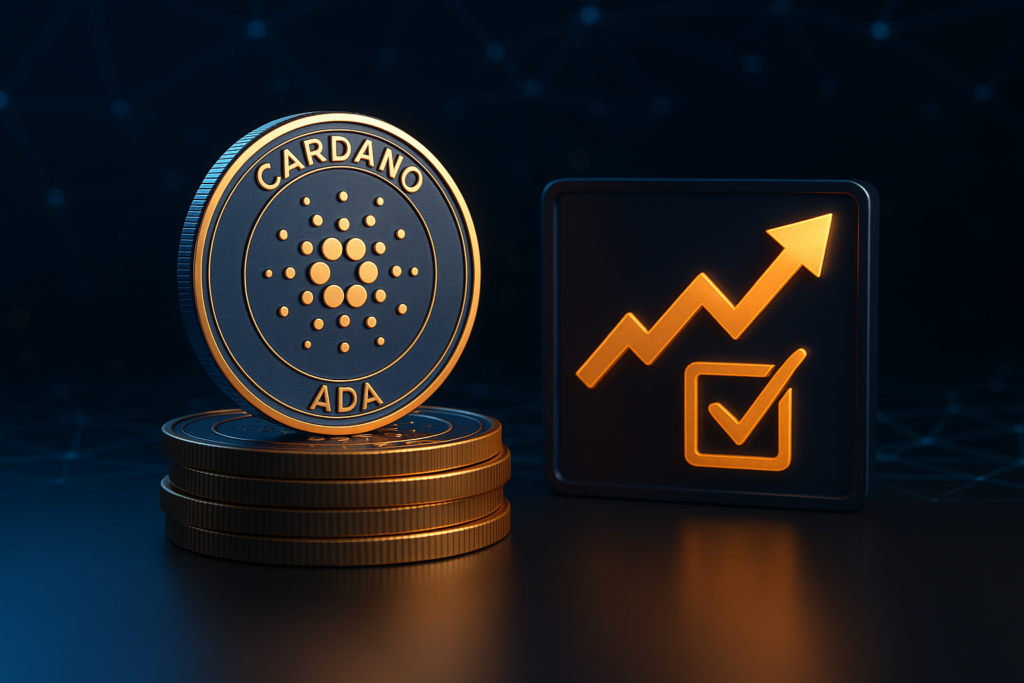The Cardano community has voted to allocate 96 million ADA — worth approximately $71 million — from its treasury to fund a year-long development initiative proposed by Input Output Global (IOG), the blockchain’s core engineering team. The proposal passed with 74% approval, marking a major milestone in community-driven governance for the Cardano ecosystem.

Focused on Scalability, Developer Experience, and Interoperability
The 12-month development roadmap aims to enhance network performance, developer onboarding, and cross-chain functionality. Key initiatives include:
- Hydra, a protocol for faster, low-cost transactions
- Project Acropolis, a modular redesign of the Cardano node
- Performance optimizations to lower RAM usage and reduce costs for stake pool operators
- Technical groundwork for advanced smart contracts and interoperability
Currently, Cardano’s average transaction cost is 0.34 ADA, and blocks take about 20 seconds to confirm, according to Messari. The upgrades aim to drastically improve these metrics.
Funding Is Conditional and Tied to Delivery Milestones
To address transparency and accountability, IOG will receive funding in phases, based on the successful completion of development milestones. Oversight will be provided by:
- Intersect, a member-based governance body
- Smart contracts for conditional fund release
- A dedicated oversight committee
IOG is also required to publish monthly progress updates, engineering timesheets, and quarterly budget reports to ensure community trust.
Community Concerns: Cost, Transparency, and Oversight
While the majority supported the proposal, several community members raised concerns about the size and scope of the funding:
- Calls for breaking the plan into smaller proposals for separate votes
- Demands for greater clarity on fund allocation and performance tracking
- Criticism over lack of endorsement for an alternative proposal by the Technical Steering Committee (TSC)
This marks the first time Cardano’s community has directly authorized core development funding, a shift that could influence future governance decisions.
Cardano’s Progress Amid Broader Blockchain Upgrades
Cardano joins other major blockchains in rolling out infrastructure improvements:
- Solana increased block capacity by 20% in July
- Ethereum raised its gas limit and completed the Pectra hard fork, with the Fusaka upgrade expected by year-end
These upgrades reflect an industry-wide push to scale blockchain performance while preparing for wider adoption and next-generation use cases.
With $71 million in funding secured and a structured accountability framework in place, Cardano is positioned to accelerate innovation across its ecosystem, while offering a governance model that reflects growing community influence and treasury-driven development.
Disclaimer
This content is for informational purposes only and does not constitute financial, investment, or legal advice. Cryptocurrency trading involves risk and may result in financial loss.
